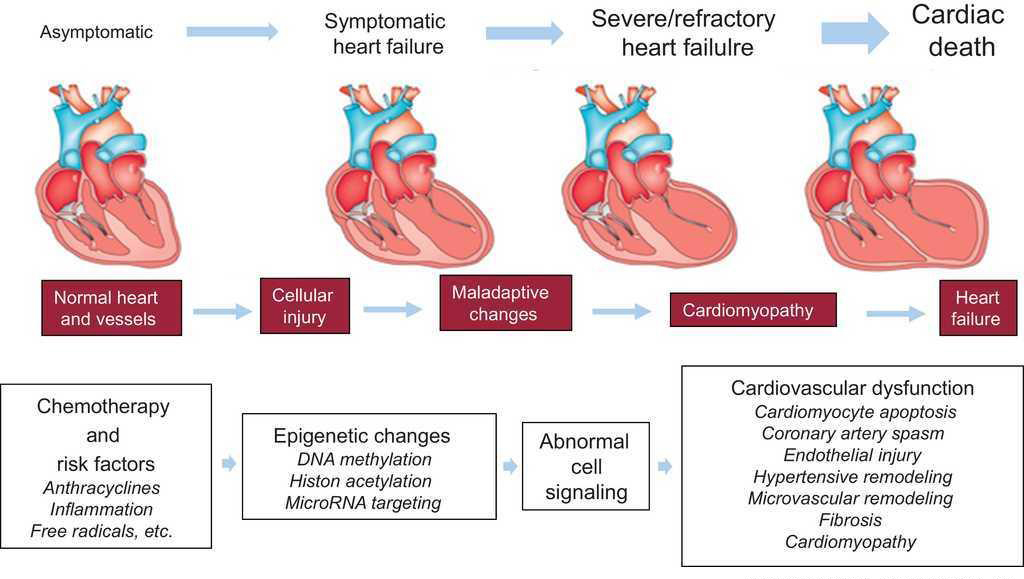Chemotherapy: Yale Develops New Assessment Protocol To Determine If Cancer Patients On Doxorubicin Will Develop Heart Failure
Source: Chemotherapy, Doxirubicin And Heart Failure Jun 20, 2020 5 years, 8 months, 2 weeks, 1 day, 5 hours, 24 minutes ago
Chemotherapy: Medical researchers from Yale have developed a technique to predict whether cancer patients receiving a common chemotherapy drug are likely to experience heart failure as a result.

Doxorubicin, a chemotherapy drug which is often used to treat a number of cancers, including breast and bladder cancers, lymphoma, and Kaposi's sarcoma also has some negative side-effects of which some can be fatal. It is a powerful medication, researchers say, and in some cases it severely damages the heart muscle.
However a new, non-invasive procedure may be able to help screen for early signs of impending heart failure in cancer patients taking doxorubicin.
A research study based on an animal model experiment to test the procedure, carried out at the Yale Translational Imaging Center (Y-TRIC), appears in the journal
JACC CardioOncology.
https://www.sciencedirect.com/science/article/pii/S2666087320300892?via%3Dihub
The newly developed method involves using coronary CT angiography (CTA) to measure the diameter of epicardial coronary vessels, which help direct blood flow to the heart muscle.
The Yale researchers for the study conducted CTA imaging when the subject was at rest and again during pharmacological stress. The researchers then evaluated changes in the diameter of the coronary vessels; the normal dilation of vessels is impaired when there is vascular injury.
Yale's Dr Albert Sinusas, a Professor of medicine and radiology and biomedical imaging and biomedical engineering, who is the corresponding author of the study, told Thailand Medical News, "This non-invasive imaging approach may be an early indicator of toxicity and could be used to modify chemotherapy or intervene with cardiac drugs to prevent irreversible cardiac injury."
The most serious drawback of doxorubicin is its dose-dependent, obviously irreversible cardiotoxic effect: The incidence of congestive heart failure is 4% in patients receiving 500–550 mg/m
2 and increases to 18% in patients receiving 551–600 mg/m
2 and to 36% in patients receiving >601 mg/m
2.
https://academic.oup.com/ejcts/article/30/4/611/507562 and
https://www.ncbi.nlm.nih.gov/pmc/articles/PMC4871279/ and
https://www.ncbi.nlm.nih.gov/pmc/articles/PMC2848530/ and
https://acsjournals.onlinelibrary.wiley.com/doi/full/10.1002/cncr.11407
The researchers hope that with this new assessment protocol, the incidences of fatalities caused by heart failures as a result of doxorubicin can be prevented and reduced.
For more about
&
lt;strong>chemotherapy, cancer and doxorubicin, keep on logging to Thailand Medical News.
